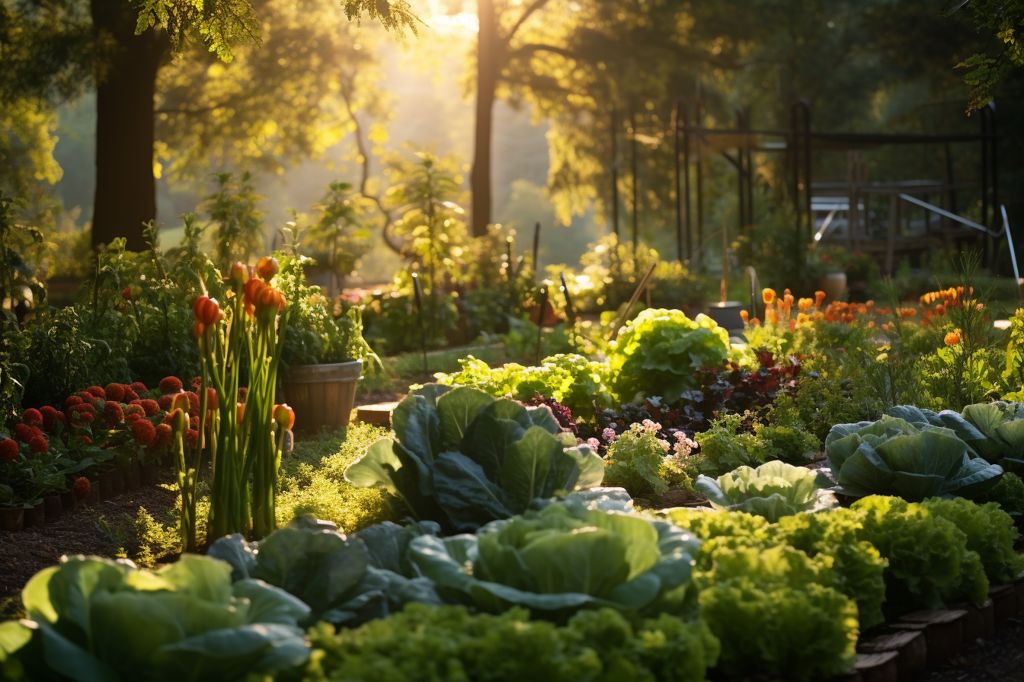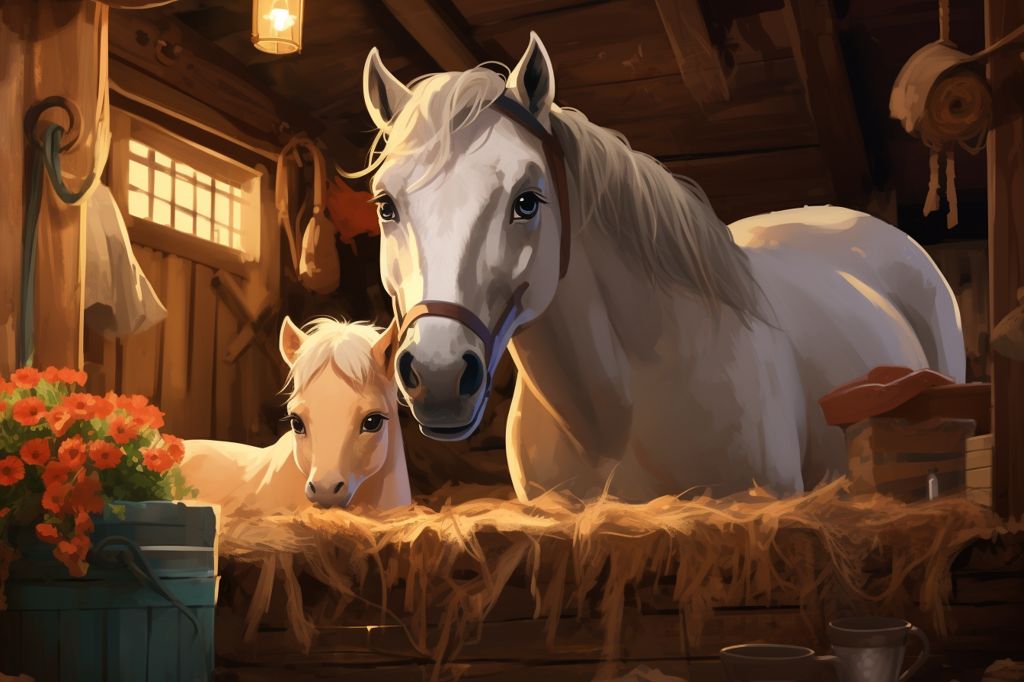Subtitle: How Feed the Khaltsha Community Garden is making a difference in food security and employment opportunities
Food insecurity continues to be a major concern in various communities worldwide. In Khayelitsha, South Africa, a group of determined young people have taken on the challenge by creating the Feed the Khaltsha Community Garden. With a mission to generate economic opportunities and alleviate hunger in their community, these young entrepreneurs have transformed an idea into a thriving, sustainable project.
MEC Ivan Meyer’s Visit and Support
Dr. Ivan Meyer, the Western Cape MEC of Agriculture, recently visited the Feed the Khaltsha Community Garden, situated at the Sibongile Day and Night Care Centre in Khayelitsha. Dr. Meyer expressed his admiration for the young people’s commitment to addressing food security issues and generating job opportunities. He emphasized that the Western Cape Department of Agriculture’s food security program significantly contributes to the welfare of the province’s residents.
Success in Numbers
In the past two years, the Western Cape Department of Agriculture has supported numerous food security projects, including 174 community initiatives, 69 school food gardens, and 8,238 household food production efforts. Thapelo Xabanisa and Baluleke Xabanisa, both with agricultural backgrounds, founded Feed the Khaltsha in February 2020.
Striving for Empowerment and Independence
Thapelo and Baluleka started Feed the Khaltsha as a way to achieve self-employment and empowerment. Initially, the project’s primary goal was to supply organic vegetables to the Sibongile Centre, a facility dedicated to caring for individuals with special needs. By providing the center with fresh produce, Feed the Khaltsha has successfully reduced its monthly costs.
Gaining Support from the Community
As the project gained momentum, community members and organizations began to express interest in buying their produce. Social media advertising via platforms such as Facebook and Instagram brought attention from organizations like UCOOK and Uthando. The team’s proficiency in organic agricultural practices, sales, and marketing has been crucial in promoting sustainable vegetable production and economic opportunities.
From Humble Beginnings to Expansion
Baluleke Xabanisa recalls that their journey started with only a rake, a spade, a vision, and a passion for agriculture. The garden has since expanded from 15 to 403 square meters, and the duo is now enthusiastic about growing even further. “There is a lot of beauty we can do as youth. By putting in the work, we can make a difference,” added Baluleke.
Diverse and Sustainable Produce
Feed the Khaltsha currently offers a range of fresh and locally grown vegetables, including tomatoes, peppers, cucumbers, lettuce, spinach, carrots, broccoli, parsley, and spring onions. They also provide seasonal produce, ensuring a diverse selection of options throughout the year. The vegetables are harvested at peak ripeness, guaranteeing optimal flavor, nutritional value, and quality.
Organic and Eco-Friendly Methods
Adhering to organic and sustainable farming practices, Feed the Khaltsha appeals to clients who prioritize health-conscious and environmentally friendly choices. The vegetables are cultivated without synthetic pesticides or genetically modified organisms.
Turning Dumpsites into Gardens of Hope
MEC Meyer concluded his visit by praising the youth’s eagerness to make a difference and highlighted the potential in transforming dumpsites into gardens of hope. In doing so, communities can work towards resolving hunger and food security issues while empowering young individuals to contribute positively to both the community and the economy.
The story of Feed the Khaltsha Community Garden showcases the power of determination, innovation, and collaboration in tackling food insecurity and creating economic opportunities. As more communities follow suit, the future appears brighter for those who have long struggled with hunger and limited access to nutritious food.








